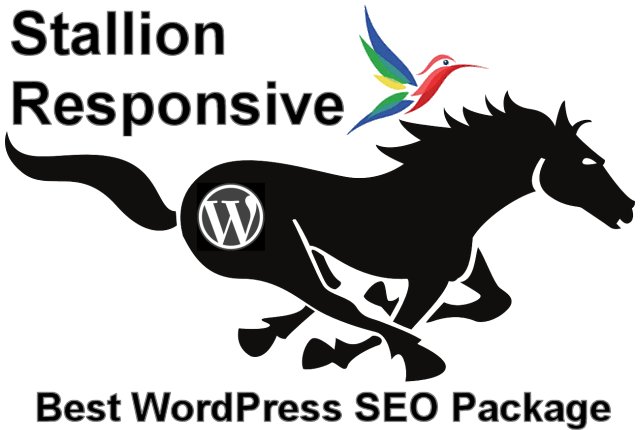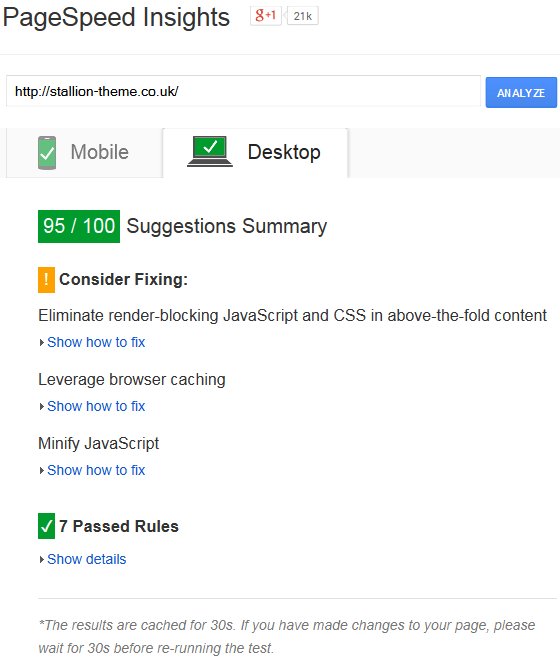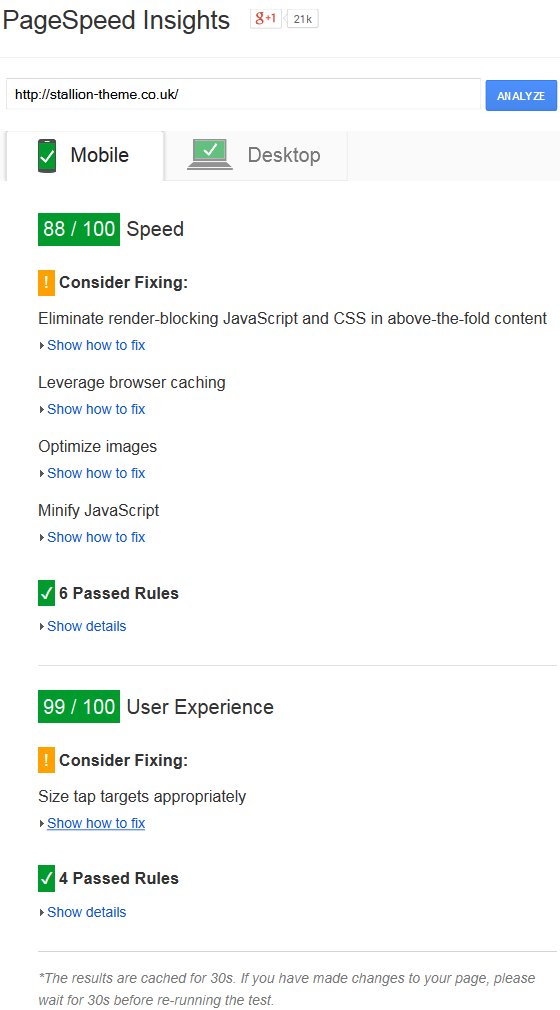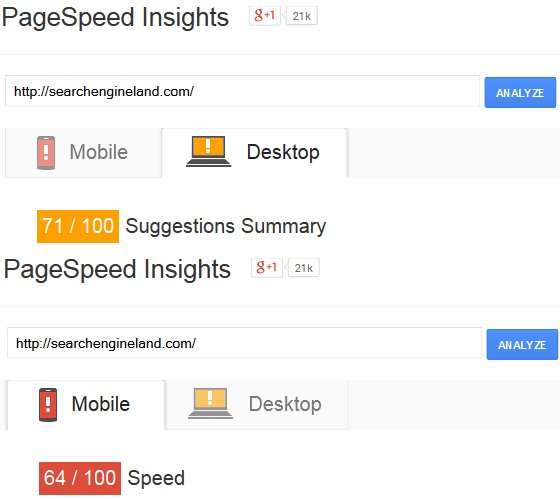Search Engine Optimization article updated August 2014.
Based on this websites log files you most likely found your way here via a relevant search on Google. Maybe a SERP (Search Engine Results Page) like Search Engine Optimization Tutorial 2014 or WordPress SEO Tutorial, Google SERPs I’m doing quite well for.
Whatever keyword search you used, you almost certainly are looking for help to improve your search engine rankings (most likely for free :)) and more than likely consider Google THE most important search engine to your websites rankings.
You’d be right, Google is the most important search engine.
Search Engine Optimization Basics
Let’s cover some basic search engine optimization concepts, SEO is a relatively straight forward set of quite basic techniques, SEO concepts are easy, it’s search engine optimization technique implementation that requires skill.
1. Create an optimized template/theme for your web sites pages: For example with WordPress (a very popular Blogging CMS, this site uses WordPress) SEOing the WordPress themes is a small business in itself with lots of web designers touting their wares as SEO themes or SEO friendly…
As an ex-SEO consultant (no longer offer SEO services) and an WordPress SEO developer for over a decade I can pretty much guarantee any theme or template you’ve seen advertised as an SEO theme is talking SEO BS. There is only one true WordPress SEO theme and it’s part of the Stallion Responsive WordPress SEO Package.
Whether you use WordPress or individually hand crafted HTML pages, the general optimization is the same. Having a search engine optimized template/theme means your title elements (title tags to the layman), headers, menu links, footers (everything except the main content) should be optimized without having to do much work: the theme/template should work for you not against your best SEO efforts.
2. Performance SEO matters: Related to your optimized theme/template is SEO performance, a relatively new set of SEO metrics and not as easy to manage as traditional SEO metrics like your title tags.
Every feature like fancy javascript sliding menus, every image, every bit of content your website uses has an impact on it’s performance (basically how fast the page loads and what resources it uses) and in recent times Google cares about performance: how fast your webpages load, are they responsive to mobile devices, can your users read the text on a mobile device and tap link tap targets without accidentally clicking the wrong link!
This aspect of search engine optimization is much harder and fortunately built into Stallion Responsive. What I want you to do to understand Google performance SEO is use Google’s PageSpeed Insights Tool (link opens in a new window). The link will show you insights into how Google views the domain you are on now performance wise.
Desktop PageSpeed Insights Results
Mobile PageSpeed Insights Results
The above results is what you should expect from a website that’s search engine optimized and ready for Google 2015.
Now we need a comparison, if you own a domain replace my URL with yours and run the test again (click Analyze), if not let’s look at the first domain that’s not owned by Google that ranks high for the Search Engine Optimization SERP (Google domains are doing really well for SEO SERPs :-)), the domain searchengineland.com is what we’ll compare to.
Performance Search Engine Optimization Results
Not great hey, yet a page on the above domain ranks top 10 for the search engine optimization SERPs in Google. Why? Google has over 200 metrics to rank a webpage and though performance is becoming more important, it’s currently (2014) not the be all and end all of SEO, backlinks are still a major SEO factor and that domain has a lot of quality aged backlinks. Performance metrics are relatively new to Google rankings and I expect next year (2015) we will see performance taking a leading role in Google rankings: Google tends not to roll out a new metric at 100%, they slowly increase a metrics value so webmasters don’t complain too much :-)
Recently for example Google stated they are giving a small ranking boost to websites running under SSL (domains starting https:// rather than http://, the S stands for SECURE). I expect what today (August 2014) is a small ranking boost will in a couple of years be given more prominence, so when I find the time I’ll be switching this domain to https://.
If you are an old hand to SEO I’m afraid this and more is now part of Google SEO, so don’t be left behind and take performance into account now before it becomes a major ranking factor (there’s still time be ahead the game).
3. Create search engine optimized content: It might sound obvious, but if your content doesn’t cover the SERPs you want, there’s no realistic way for your content to gain those SERPs. There are so many pages online today that do a brilliant job of covering content for the web sites visitors, but do terrible when describing what the webpage is about to the search engines.
It’s easy to do both.
For example the page you are reading is about Search Engine Optimization, if you read the content you will note all three keywords AND semantic derivatives AND related SERPs (think thesaurus alternatives) are used a reasonable amount of times throughout the content and the page title is “Search Engine Optimization”.
A related SERP would be SEO Ranking or Performance SEO, but if as I wrote this article I did not take the abbreviation SEO into account there would be no way for a search engine to know this page is also about SEO Ranking and Performance SEO as well.
Search Google for
SEO Tutorial 2014
Search Google for
Search Engine Optimization Tutorial 2014
Currently (August 2014) the SEO Tutorial article from this site is ranked top 5 for both SERPs. This is because Google ‘sees’ Search Engine Optimization and SEO as meaning the same thing, Google passes SEO benefit for both rankings when either is used. It’s not equal, the SEO Tutorial SERP will benefit most from the use of SEO and Search Engine Optimization Tutorial SERP from Search Engine Optimization.
By using both versions we gain benefit for and from both derivatives.
The best way by far to obtain links is to create content others will link to naturally, AKA create link bait. This isn’t always possible, so take a look at the other webpages of the site for ideas (lots of articles on gaining links via various methods).
Why is Search Engine Optimization Pricing so Expensive?
As you can read above the concept of search engine optimization is relatively straight forward. This might come as a surprise coming from an SEO expert looking to take your hard earned money (go buy a copy of Stallion Responsive :-)), but improving search engine rankings (Google rankings) isn’t difficult, at least what results in good search engine rankings isn’t a big secret only known by the select few.
Though like any specialty, if you don’t know much about the subject it might as well be advanced brain surgery.
If you know absolutely nothing about Search Engine Optimization (SEO) you might have even been naive enough to believe you build a good website and masses of visitors will swarm to it via search engines, because that’s how websites and search engines work: “build it and they will come”!. Since you are reading this page you’ve realized it doesn’t work that way.
I have to admit to being that naive person over 10 years ago when I started my first website (ecommerce store). My search engine naivety soon vanished when it took weeks to take the first order and that order was paid for via Overture paid advertising (like Google AdWords today)!
Eventually I stumbled upon search engine optimization and by the end of the first year the site was seeing about 8,000 unique search engine visitors a day (and growing) and sold over £80,000 worth of stock. Not bad for my first try :)
Over a decade later I use the same SEO information and many more newly acquired skills to help other business website owners to improve their search engine rankings, with a strong emphasis on Google rankings.
David Law








SEO Basics
Some great advice! Thank you for sharing.
It is definitely true to say that sticking with seo basics at the beginning of any website development is a positive way to start.
No matter how much the search engines change and update their algorithms, some techniques will always be guaranteed to work as the basics of a foundation for good quality on page and off page optimisation.
With good keyword placement and an understanding of LSI, it would be fair to say that well written content is a fantastic place to start, and in theory, with well placed anchor text (keyword rich), that’s all you really need to keep the search engines happy as far as on page seo is concerned.
I definitely agree with the power of building back links. Gone are the days of adding thousands of links in the hope that search engines would consider you a trusted or authority website. And it is a good thing to!
One way links leading to one’s website is well tested (I can certainly vouch for their power), and is highly valued by the major search engines.
Thank you again for a well written post.
Wishing you great success for 2010.
Sincerely,
John Adams
SEO Basics
Search Engine Optimized Companies
With so much information presented here, I am no longer surprised that SEO-optimized companies these days are becoming kings of search that mainly help millions of virtual customers out there.
The only thing I am not a bit confused about is on where to begin.
My site may require as much help as you can explain to me.
I do hope you can give me an idea about what to do.
Search Engine Optimized Companies
Backlinking Software?
Hi Dave – how effective is autoblogging software towards generating content that will improve PR.
Also, how effective is backlinking software towards producing quality links to improve PR?
thanks. Yale